Bosso @95…it’s here to stay!
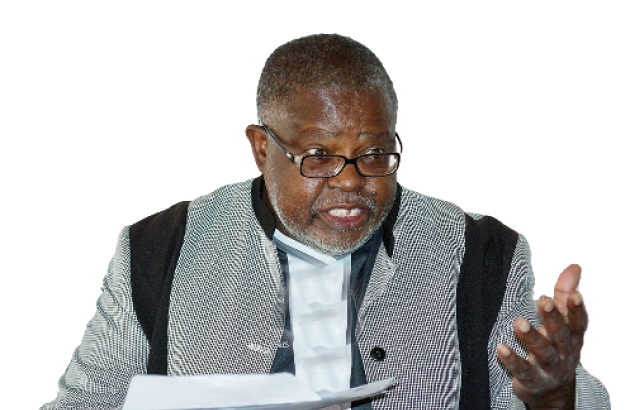
FEBRUARY comes from Latin word februa, which means to cleanse. It was named after Februalia, a festival of purification and atonement that took place during this period.
February is a significant month in the history of Zimbabwean football, as it is the month the country’s oldest football club Highlanders was formed.
Established in 1926, Highlanders celebrate 95 years of existence this year.
Two brothers with royal lineage, Rhodes and Albert Khumalo, grandsons of Ndebele King Lobengula and sons to Njube, atoned for the “very dull” atmosphere they found at Lonely Mine, which they usually visited during holidays, and formed a football club, Lions FC, in February 1926 upon their return from South Africa where they were studying.
Albert had completed studies in agriculture at Tsolo Agricultural School, while Rhodes had finished bookkeeping training at Lovedale Institute.
Bosso started off as Lions FC, made up of “boys” from Makokoba, with the objective of bringing people together and just whiling away time by the urbane Khumalo brothers.
When Rhodes died in 1937, the club changed its name to Matabeleland Highlanders and since its formation, the club has been a way of life, drawing support from all ethnic groups in Zimbabwe in line with the founding principles of the nation by King Mzilikazi.
As Bosso march closer to a century, club president Ndumiso Gumede boldly declared that “Highlanders is here to stay!”
In a brief chat with Senior Sports Reporter Ricky Zililo (RZ), Highlanders president Ndumiso Gumede (NG) gives an insight into the club with arguably the most passionate supporters.
RZ: What has kept the institution standing up to this day?
NG: The club was established at royal level and its legacy is deeply embedded in that fact. It has withstood the common trials and tribulations that affect clubs which end up disintegrating mainly because there is an unwritten covenant to preserve the legacy. Hence the club still practices certain rituals at the beginning of each season so that it commits to the ideals left by the founding fathers.
Further, the club strongly believes that the power that gives life must be revered. Hence each meeting starts and ends with a prayer to Mvelinqangi. Even the team at the beginning of each match as they huddle in a circle they seek divine intervention for protection from all sorts of calamities that may befall them.
RZ: What major challenges has the club faced in its decades of existence, and how has the club managed to navigate through them?
NG: The club has faced many challenges and could easily have folded like many that have since graced the pages of history. The biggest challenge may very well be a perception that it is a Nguni entity. While the majority of its supporters may come from Matabeleland, its members come from around the country and abroad, and from various racial, ethnic, tribal and religious origins.
Even among its players, it uses merit and merit alone to recruit participants. Whites, coloureds, Asians and others have all been accommodated. In accommodating debates at meetings, there have been instances when some members were not comfortable with the apparent conservative stance and muted breaking away.
Twice the team has suffered this dissension and the most serious was the split in the mid-70s when a breakaway team sponsored by enemies of the club was formed by some prominent players of the club with promises of huge payments. That breakaway club was called Olympics and it even uses our black and white colours, but where is that club today, while we are still standing.
There have been calls for the club to divest from being a community club and commercialise the entity. Suffice to say, it’s work in progress as successive strategic sessions have considered points raised against the resistance of other members. Another challenge is the inability to attract sustainable and sizeable sponsorship. Players of such a “big” club ought to be all driving sponsored vehicles.
In spite of these challenges and many others, the club has survived, mainly because it has carefully elected persons of integrity and that are committed to furthering the aims and objectives of the founding fathers. That does not mean there have never been bad apples within with nefarious intentions of destroying the club.
RZ: Tell us about some of Bosso’s historic moments?
NG: The club has celebrated many milestones in its history. Since independence, the club has participated in the majority of celebratory games. We were the first club after independence to host a foreign team when City of Lusaka FC visited. We reciprocated with a visit to Lusaka a few months later, also becoming the first local club to make such a trip in independent Zimbabwe.
The club was the first to undertake a trip to Europe, playing a series of friendly games in Germany. We were the first club to represent Bulawayo in the exchange games. In 1986, while celebrating 60 years, we won all silverware available then except the league championship. Since independence, the club has produced leadership roles at successive Zifa executive committees, except the current (Felton) Kamambo-led one. Ezazingela muntu weBosso zazisehluleka.
RZ: What does the future hold for Bosso?
NG: The future looks secure for the club, as it has a vibrant youth policy from Under-14 upwards. The club won’t disappear even if it gets relegated to lower leagues and play at Greenspan. Too many young followers of the club have high doses of the club’s DNA, which no tsunami can obliterate. The resuscitation of the female teams in keeping with Club Licensing will further strengthen the resolve to sustain the club to the hilt. Can you imagine the club being incubated at embryonic stage! It’s here to stay.-@ZililoR

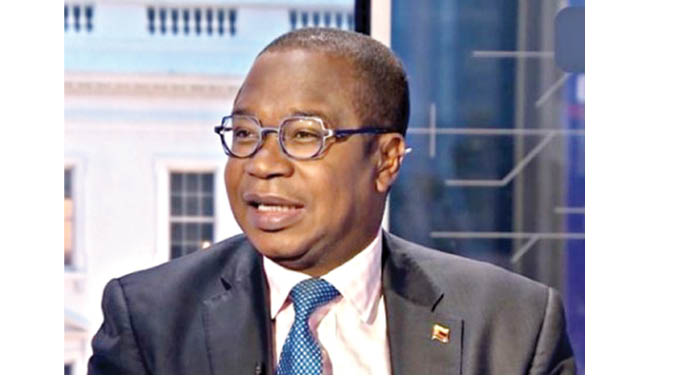
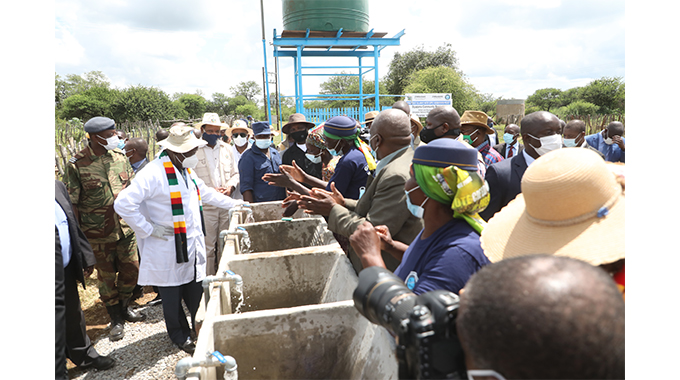
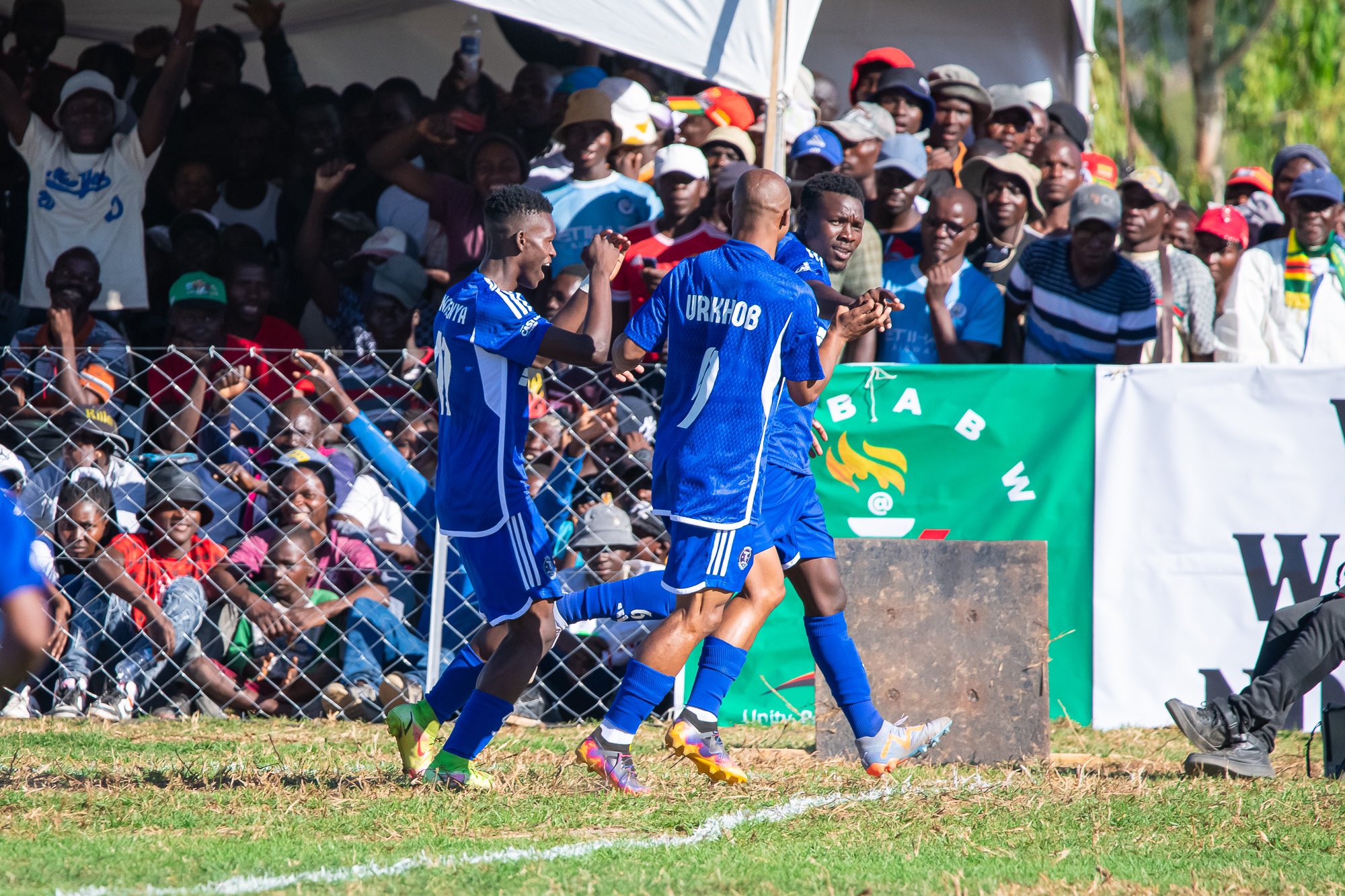
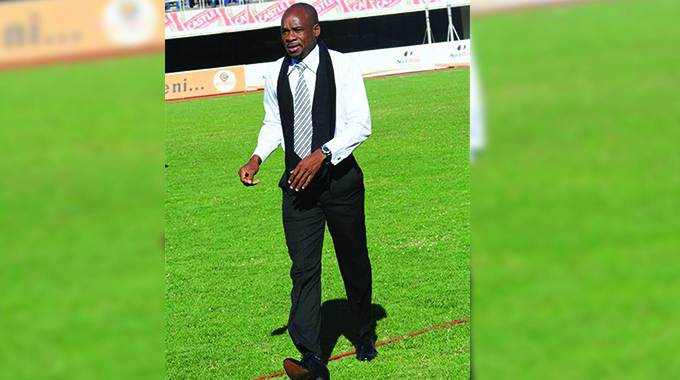
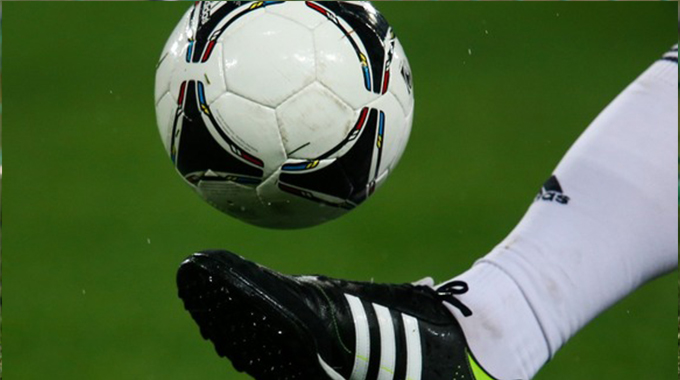





Comments